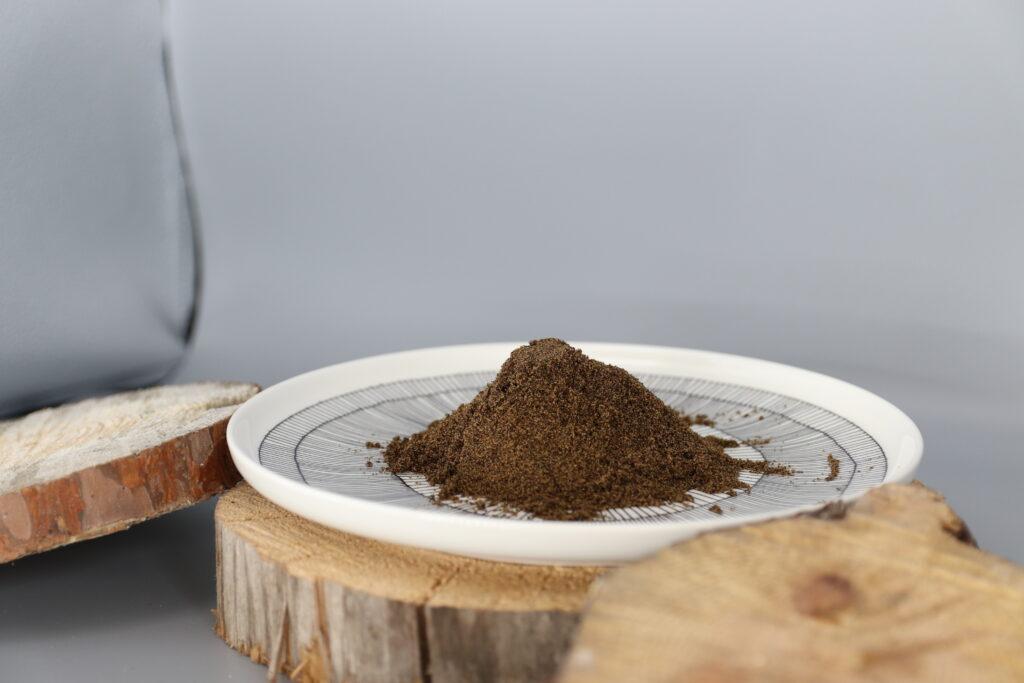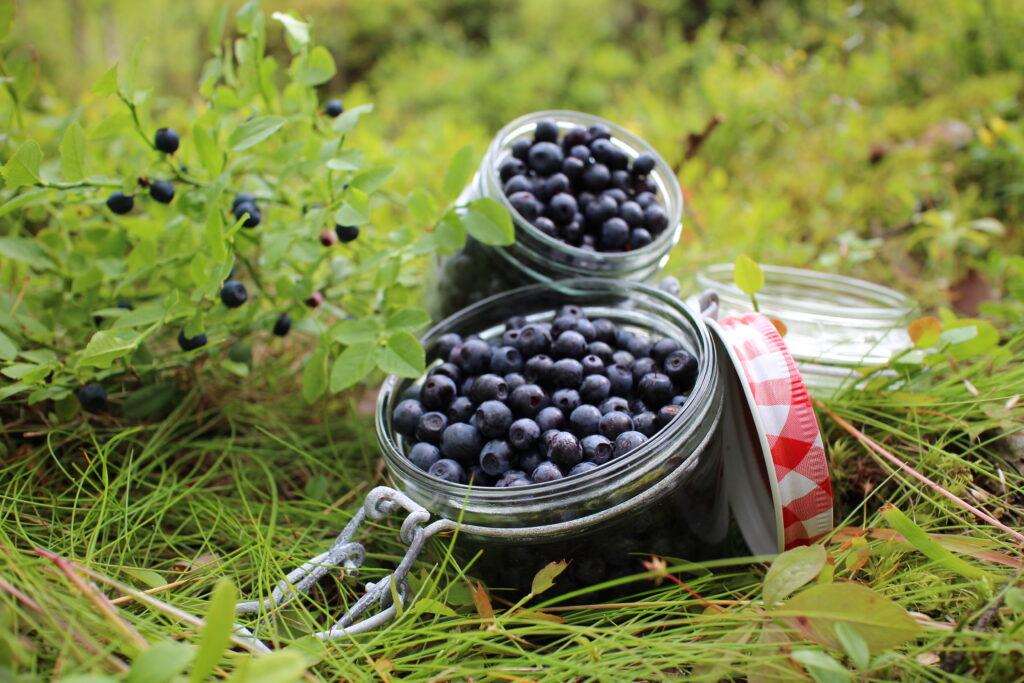Shiga-toxin producing Escherichia albertii
Escherichia albertii was first described in 2003. This newly described enteropathogen and avian pathogen is often misidentified as E. coli or other members of the Enterobacteriaceae family, as its biochemical characteristics are not well understood.
Patulin and chlorpyrifos - cumulative toxicological effect
A 2019 study has investigated the combined effects of the mycotoxin patulin and the pesticide chlorpyrifos, both of which are liver-damaging and often co-occur on crops.
Rapeseed protein as novel food

Protein can be produced from rapeseed or from the cake left over from the production of rapeseed oil. The rapeseed protein product BlackGrain, developed by the Finnish company Apetit, has received a favourable EFSA opinion as a novel food.
VSBV-1 - Squirrel-borne zoonotic bornavirus 1 strain

The strain is genetically close to mammalian bornavirus 1, which infects several mammalian species. The mode of transmission is still unknown, but direct transmission (scratching, biting) is most likely.
41st meeting of CCMAS held virtually
The 41st meeting of FAO/WHO Codex Committee on Methods of Analysis and Sampling (CCMAS) was held virtually from 2021 May 11 to 25 because of the pandemic situation.
Increasing number of fish parasites
The number of Anisakis parasites most commonly found in fish has increased significantly in recent decades. This growing trend may pose food safety risks.
Echinococcus multilocularis on food

The parasitic tapeworm Echinococcus multilocularis can enter the human body through contact with an infected animal or through ingestion of food contaminated with their eggs.
Possible link between harmful algal blooms and β-N-methylamino-L-alanine (BMAA) neurotoxin

Algal blooms are on the rise worldwide, but no one has yet conducted comprehensive research to prove that they are a global phenomenon. β-N-methylamino-L-alanine (BMAA) is a neurotoxin with neurodegenerative effects, and recent studies suggest that it may play a role in the development of Alzheimer's disease and amyotrophic lateral sclerosis/Parkinson's disease (ALS/PDC). In 2003 it was described that cyanobacteria in water can also produce BMAA.
Poly- and perfluoroalkyl compounds (PFAS)
Poly- and perfluoroalkyl compounds (PFAS) are widely used group of synthetic compounds, including the food industry. A new risk assessment has shown that the intake of PFAS exceeds safe levels in certain groups of the European population (toddlers, children), which is a health concern.
The 41st meeting of FAO/WHO Codex Committee on Methods of Analysis and Sampling (CCMAS) will be held virtually
The FAO/WHO Codex Alimentarius Committee of Analytical and Sampling Methods (CCMAS) will hold its 41st meeting from 11-25 May 2021. Hungary has hosted the meeting since 1972.
